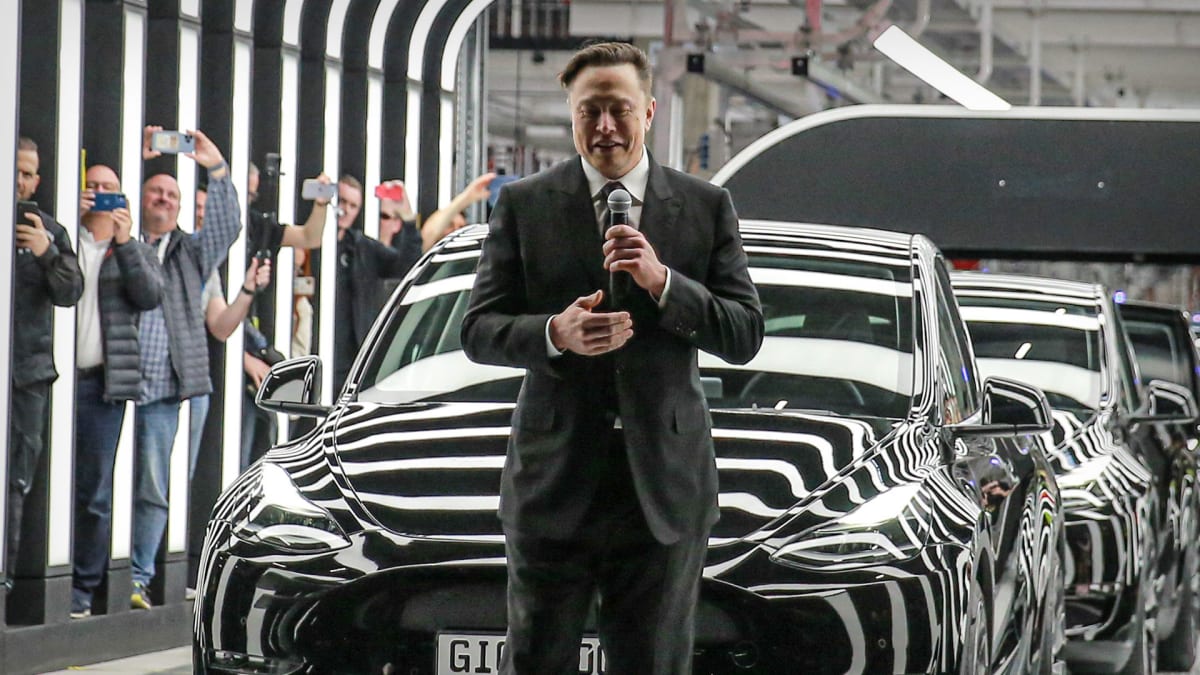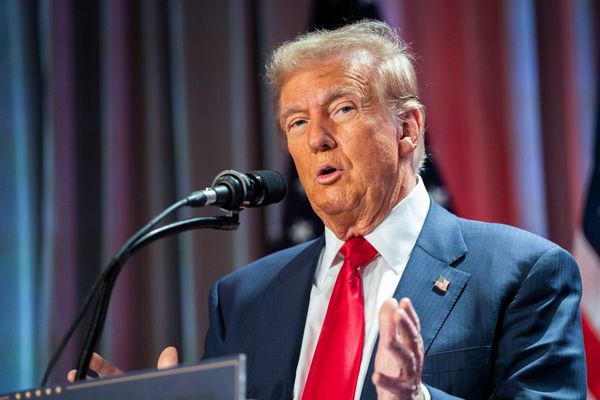
Elon Musk wears many hats, his detractors and fans agree.
One of the entrepreneur's hats is as head of marketing of the products and services his companies develop.
When he said last month that Tesla (TSLA) would start advertising, many thought that the electric-vehicle maker would stop depending on the fame and celebrity of its co-founder and CEO and do what most of its competitors rely on.
"We'll try a little advertising and see how it goes," Musk told shareholders during the annual meeting.
Don't Miss: Tesla Rival Goes Bankrupt
But this was a misreading of Musk, who remains the best ambassador for Tesla, the world leader in battery-powered vehicles. He has just demonstrated this by teasing on Twitter what could be the advent of autonomous vehicles at Tesla.
Tesla's Full-Self-Driving System in Beta Mode
Currently, Tesla cars are equipped with a standard driver-assistance system called Autopilot. Customers can also purchase a more advanced system called Full Self Driving for $15,000.
FSD is currently in beta mode. Beta, the second letter of the Greek alphabet, designates a system in an advanced phase of development but still requiring corrections before its first production build.
The beta phase is a particularly effective way to get feedback on potential bugs or problems encountered during testing. Initially, FSD was in private beta, that is, limited exclusively to certain Tesla owners. But it then was expanded.
The merit of Full-Self-Driving beta is that it maintains the enthusiasm around Tesla cars.
In addition to the features the standard system offers, such as changing lanes, navigating interchanges, automatically engaging the turn signal and taking the correct exit, FSD also includes "traffic and stop sign control (beta)"
This means that it can identify stop signs and traffic lights and automatically slow the car to a stop on approach, with the active supervision of the driver, Tesla says on its website.
FSD is in its 11th version, which was updated as v11.3.4, v11.3.5 and v11.3.6. The latest is v11.4, which last April was released to Tesla employees.
In this version of the FSD Beta software, Tesla cars can navigate city streets and highways very well, but Tesla continues to claim that a car outfitted with this version is not yet autonomous. In other words, the driver must continue to supervise the vehicle.
"As mentioned earlier, v11.4.1 has major architectural improvements," Musk touted on May 10. "It’s actually much more than a point release. Should arguably be v12.0, but that’s reserved for when FSD is fully AI from video in to control out."
Tesla Full Self Driving Version 12 'Won't Be Beta'
But the software is also under investigation by U.S. regulators for its involvement in numerous incidents, some of which have been fatal.
Despite these potential regulatory hurdles, Musk is moving forward. He has just declared on Twitter that the next version of FSD will not be beta. But he refrained from saying whether this means that the automaker will begin the production phase of the software.
"FSD Beta 12 'maybe later this year,'" a Tesla fan posted on Twitter on June 26.
"Version 12 won’t be beta," Musk said.
He didn't elaborate, but his announcement suggests that the next iteration of FSD will be a complete software overhaul.
The announcement sparked excitement and anticipation among Tesla fans, who did not hesitate to ask him to elaborate. One of the questions that came up is what is the schedule for the arrival of the next version of FSD.
"Do you think it will launch this year, or in 2024?" commented the user who asked the initial question. Musk didn't respond.
What is interesting is that Musk's remark comes a few weeks after the tech mogul hinted that Tesla cars could be fully autonomous as early as this year.
"Tesla will have sort of a ChatGPT moment, maybe if not this year, I'd say no later than next year," the billionaire told CNBC in May, referring to the conversational chatbot, which has become the face of the progress made by artificial intelligence.
"Three million cars will drive themselves with no one. And then 5 million cars and then 10 million cars."
Waymo, the self-driving-vehicle-development subsidiary of Alphabet/Google (GOOGL), and Cruise, the GM (GM) subsidiary, already operate fleets of autonomous cars, notably in San Francisco. But their cars drive only in the city and don't go on the highway.







